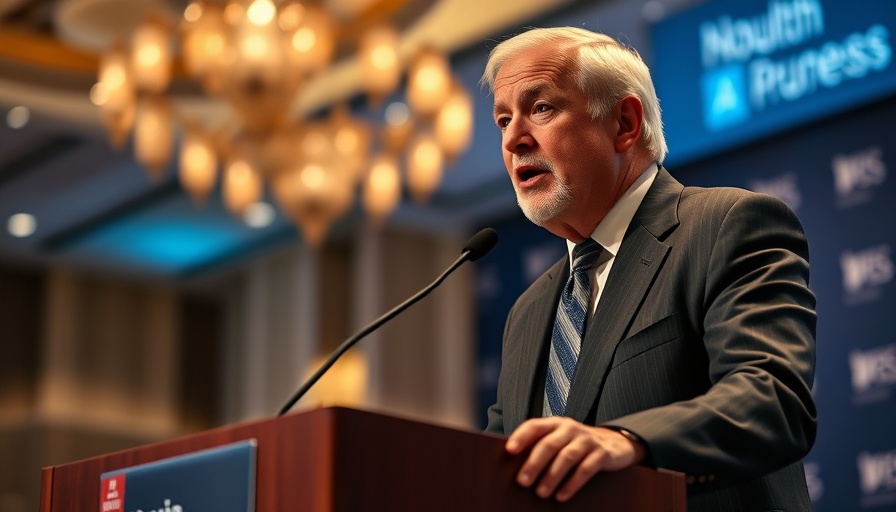
The Diplomatic Dismissal: What It Means for South Africa
In the intricate dance of international diplomacy, former President Thabo Mbeki's commentary on Ebrahim Rasool's expulsion from the United States resonates deeply. During a recent address to students at UNISA, Mbeki expressed that he was not surprised by Rasool's dismissal, given the ambassador's negative remarks about the host country, particularly President Donald Trump. Mbeki stressed the crucial role of an ambassador as a bridge between nations, highlighting the expectation that they promote positive relations and refrain from critical statements about their hosts.
Mbeki's reflections come at a time of heightened political tensions globally, where diplomatic relations can be precarious and fragile. His assertion underscores that an ambassador's primary duty is to represent their home country's interests while ensuring diplomatic decorum. Contrary to Rasool's public criticisms, Mbeki’s advice persists; ambassadors must navigate their responsibilities with caution.
Understanding the Current Political Climate
Rasool's dismissal pivoted attention toward South Africa's foreign policy framework. Mbeki proposed that despite the backlash from the Trump administration, South Africa should maintain a diplomatic stance that seeks cooperation over conflict. He advocated for a foreign policy open to engagement with diverse nations like the US, China, and others, emphasizing the need to avoid isolationism in favor of constructive dialogue.
This approach aligns with broader themes surrounding the upcoming 2024 general elections, where the potential for political realignment within South Africa’s coalition government—especially among parties such as the African National Congress (ANC), Democratic Alliance (DA), and Economic Freedom Fighters (EFF)—will play a significant role in shaping the nation's foreign relations strategies.
Coalition Politics and International Relations
As South Africa prepares for the 2024 general elections, voter turnout and the dynamics between opposition parties will be pivotal. The coalition government’s position can influence perceptions abroad, particularly as it grapples with policy challenges, including economic reform, land reform, and public sector accountability.
Mbeki’s insistence on a cooperative approach may contrast with the attitudes displayed by figures like Julius Malema and John Steenhuisen, who often criticize the current administration's policies. This bifurcation in leadership styles suggests a significant opportunity for a nuanced foreign policy narrative that incorporates input from all political factions, potentially reshaping the nation’s diplomatic landscape.
The Importance of Building Relationships
Mbeki’s remarks also highlight the necessity of nurturing strong bilateral relations. He posited that claims about South African treatment of minority groups, particularly in the context of U.S.-South African relations, must be addressed with clarity and a commitment to rights for all populations—echoing sentiments related to human rights and freedom of speech.
This diplomatic nuance has implications for South Africa's standing in international organizations such as BRICS and the African Union, where collective efforts toward social grants, gender-based violence prevention, and racial reconciliation remain paramount. These efforts could shape perceptions of South Africa as a leader in these discussions.
Conclusion: The Path Forward
Ultimately, Mbeki’s insights serve as a reminder that amidst political disputes and diplomatic rifts, the push for mutual understanding in international relations remains crucial. As South Africa navigates a complex landscape involving economic policies, state capture inquiries, and broader grassroots movements, leaders must foster dialogue and cooperation to enhance the nation’s diplomatic footprint.
For citizens invested in South Africa's future, understanding these dynamics is not just important but essential as the country continues to address both internal challenges and its role on the global stage. With elections approaching and prevailing political climates shifting, the emphasis on diplomacy and foreign relations might just be one of the decisive factors influencing the upcoming electoral outcomes.
 Add Row
Add Row  Add
Add 




Write A Comment